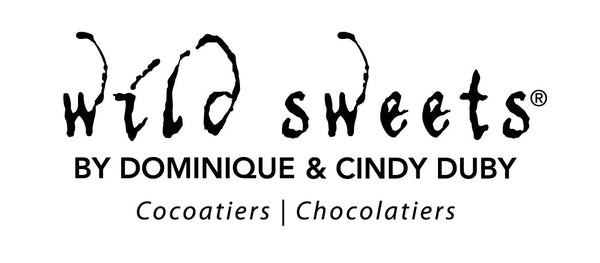Nowadays, our palates have evolved to eat much more adventurously than ever before, with unexpected ingredient combinations becoming the new norm. For more than 15-years, we researched and experimented, much of it scientifically in collaboration with the University of BC, into a field that was known at the time as ‘molecular gastronomy’ and evolved into what we now call ‘culinary constructivism’. We wrote many articles that were published in trade magazines in Europe, Asia and North America. And we also wrote cookbooks, which won Best Cookbook in the World awards including ‘Best Matching of Food & Wine’. Today, we continue to work on the same ingredient pairing process based on a science model of ‘Molecular Synergy’ - a topic that will be included in the sixth cookbook that we are working on.

Typically ingredients pair well because they have complementary aromas and mostly because as much as 80% of what we experience as ‘flavor’ is determined by aroma, and only 20% is due to taste and texture. By selecting and combining ‘base’ ingredients and/or pairing the finished product with beverages that contain one or more aromatic molecules of the same family, the resulting combination is greater than the sum of its parts. In other words, by combining several ingredients within the same "aromatic makeup" the resulting synergy does not automatically equal the amount of ingredients combined, thus 1+1 does not mean 2, but rather 3, and perhaps even 4. This new ‘formula’ of taste allows many new opportunities within the realm of ‘culinary [as well as pairing] constructivism’.

Understanding this process greatly expands and simplifies the typical ‘trial-and-error’ approach of designing and/or pairing various foods and beverages. Knowing that a single ingredient may contain many different aroma molecules, for example, but only a very few are ‘leading’ – most noticeable or dominant – compounds that in turn gives that ingredient its unique and strongest molecular aromatic ‘signature’ or ‘DNA’, if you will, is of great value in the ‘constructivism’ process.

